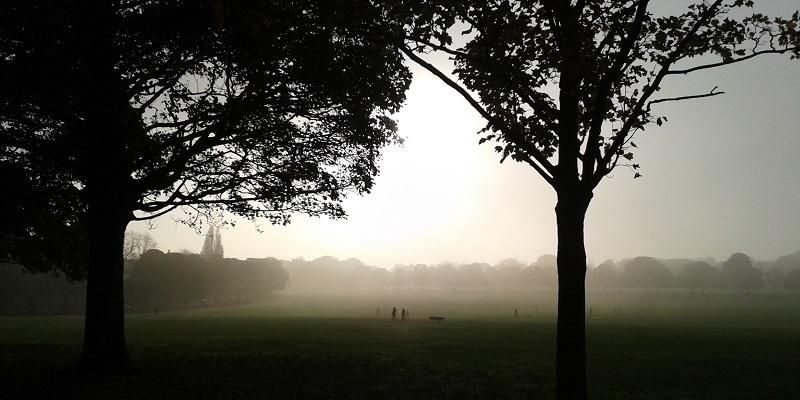
Urban parks and green spaces are in danger of falling into neglect unless the Government shows leadership to safeguard their future, a coalition of park professionals and researchers has warned.
In a call to action, they highlight the need for ministers to work with the sector to develop a “sustainable parks policy” for the UK at a time when park budgets are under increasing strain.
At the moment, councils are under no legal obligation to maintain parks and, in times of squeezed spending, park budgets have been targeted for cutbacks.
The coalition – which includes Groundwork, the community charity; park managers and academics – says although there is scope for local authorities to run parks in partnership with charities, residents’ groups and private enterprise, the reality is that many parks have to rely on council funding.
Dr Anna Barker, from the University of Leeds’ Future Prospects of Urban Parks project, said: “MPs reported earlier in the year that parks are at a tipping point.
“There needs to be an urgent look at how parks can be put on a sustainable footing.
“This is not something Government can fix on its own – but there needs to be leadership from Whitehall. One way of doing that is to establish a national agency which would work with park managers and the public to ensure the parks legacy is sustained for future generations.”
Parks in decline
There are already signs that the quality of some parks is declining. An audit of the state of the nation’s parks published by the Heritage Lottery Fund found a declining number of park managers who reported that their parks were in a good condition, from just under 60 per cent in 2014 to 53 per cent last year.
Parks are increasingly being seen as important places for health and wellbeing.
Dr Barker, said: “Parks and green spaces are much valued community resources but they are under considerable financial pressure. Park managers have being doing more with less – but there is a limit to how far that approach can go.
“Since the Victorian era, parks have provided beneficial spaces set apart from the surrounding, rapidly developing city.
“Interestingly, people still hold quite positive expectations for the future of parks that they are going to be there long term and free to access.”
Under pressure
The coalition argues that while money is an issue for the maintenance of parks, the challenges they face also relate to the pressures of urban development, unequal access to quality green space and competing demands for their use.
The University of Leeds is organising a national conference in Westminster around the future of the UK’s parks.
The event is organised in collaboration with The Parks Alliance – which speaks for people involved in running and investing in parks; Historic England; idverde – which provides maintenance and landscaping services; Groundwork; and the University of Leeds’ Social Sciences Institute.
The aim is to bring together policy makers, professionals operating in the parks and grounds maintenance sectors and researchers, to discuss ways forward for public parks and opportunities for maximising their diverse benefits to society, including enhancing health and well-being.
Jenifer White, from Historic England, said: “Our public parks and open spaces are an important part of our urban heritage yet since Victorian times these well-loved parks have been dogged by lack of recognition as an essential infrastructure and service.
“Historic England’s own research on the history of funding models for public parks shows that local authority management has ensured they have survived over the last 170 years yet there is now great uncertainty about the future stewardship of parks.”
Matthew Bradbury, from The Parks Alliance, said: “This conference is welcome and timely given the impending Government response to the Select Committee inquiry into Public Parks and the obvious need to put parks firmly back at the top of the public agenda.
“The increasing body of research from academic institutions, including the University of Leeds, clearly identifies the many benefits that parks and green space provide to society and the environment. It is time for us all to come together to understand how future investment will benefit us all.”
Further information
The above picture shows Roundhay Park in Leeds, the largest park in the city.
Journalists with requests for interviews or with follow up questions should contact David Lewis in the University of Leeds press office on 0113 343 8059 or email d.lewis@leeds.ac.uk.